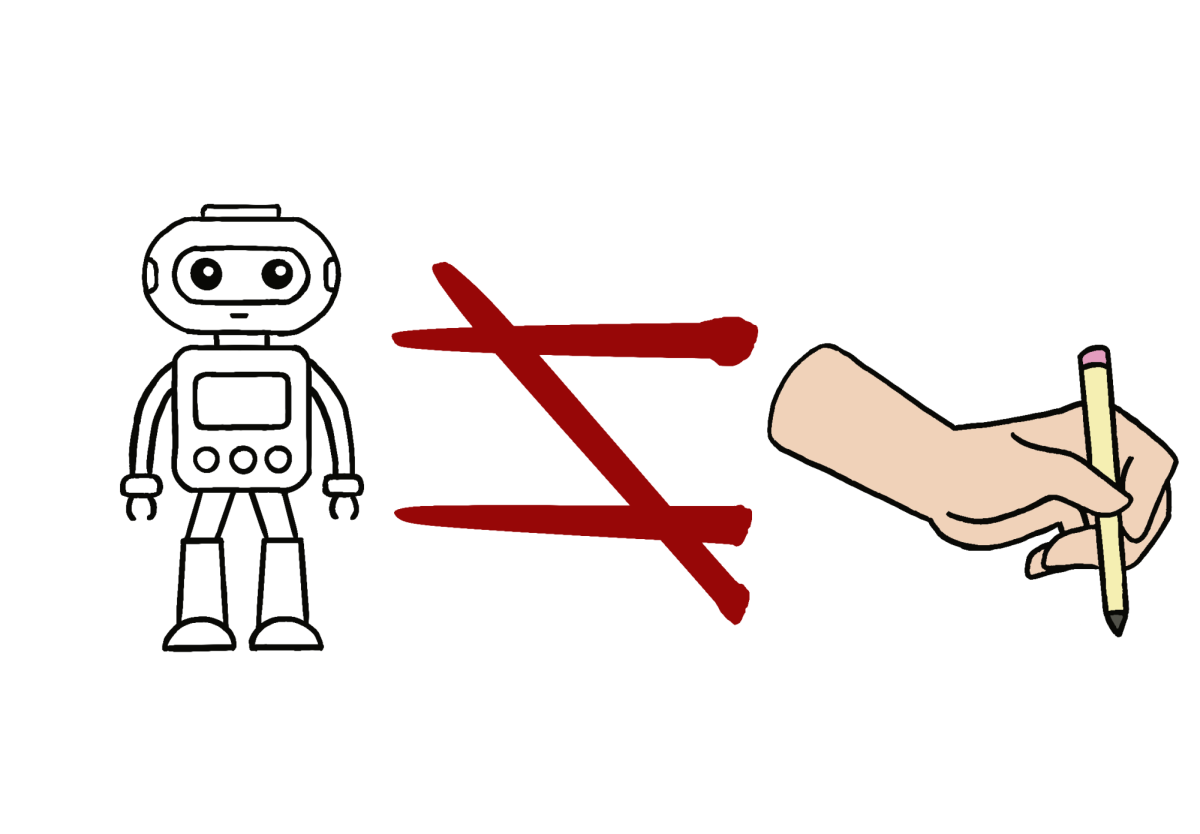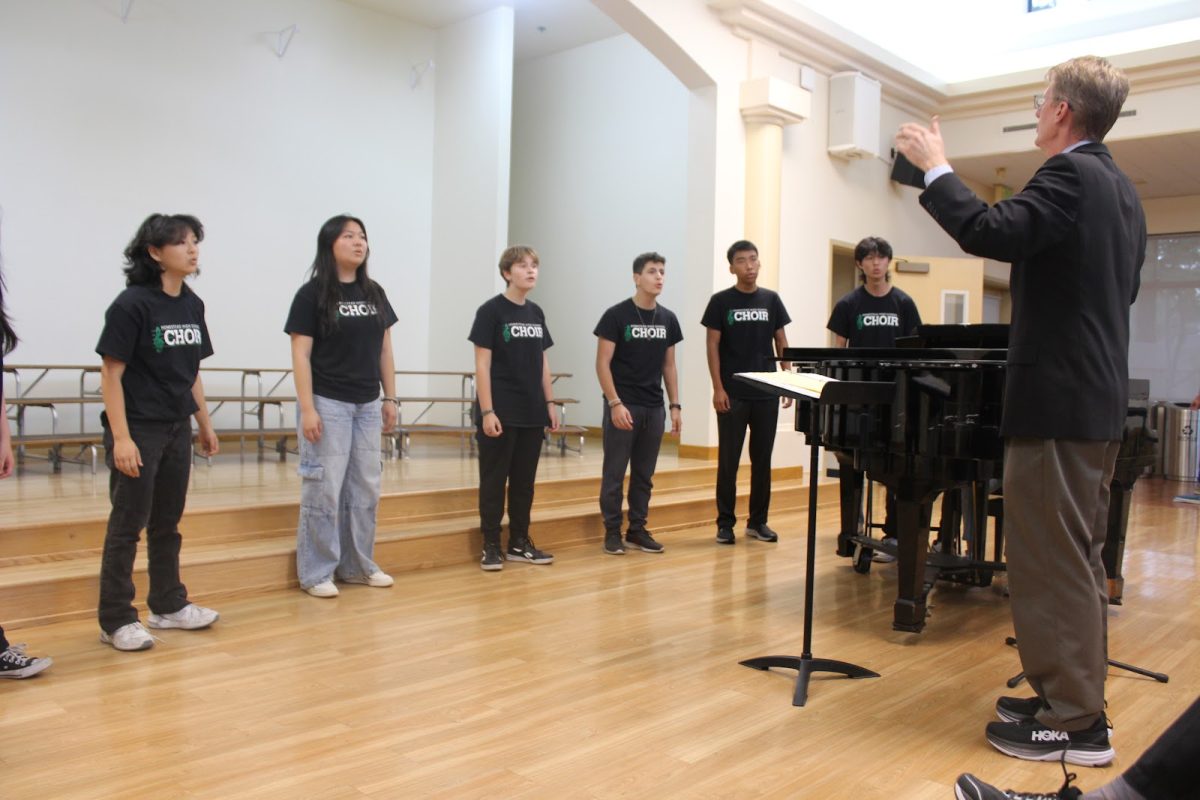It is no secret that Marvel Studios has not had a great year. The third “Ant-Man” movie and the TV series “Secret Invasion” were criticized as some of the studio’s weakest works so far. However, the latest season of “Loki” truly transcended my expectations and brought back hope for Marvel Studios. With its stunning cinematography, character development and Tom Hiddleston’s charismatic performance, the season was both well-written and well-acted and explored Loki’s motivations and backstory in a way that made him a more sympathetic character.
Marvel’s decision to produce a standalone show for Loki stems from his popularity, captivating audiences with his complex personality. A dedicated show allows for a deeper exploration of his character and motivations and also gives Marvel the chance to expand the Marvel Cinematic Universe and serve as a launching pad for future projects, potentially exploring the multiverse and its impact on other characters’ storylines.

Initially introduced as a villain in 2011’s Thor, Loki’s motivations are often driven by a desire for power and recognition, as a result of his sense of inferiority as Thor’s adopted brother. He has repeatedly sought to rule Asgard and prove his worth, often resorting to deception and manipulation. Despite this, Loki has also demonstrated moments of compassion and selflessness and he has since evolved into a more nuanced and relatable figure.
And so came season one of “Loki.” The show turned out to be a hit, serving as an introduction to the vast multiverse and exploring fascinating themes of identity and free will. It featured an incredible cast and memorable variants – namely Sylvie, played by Sophie DeMartino – whose shared experiences and motivations led Loki and her to form a romantic bond while pursuing the TVA’s creator, He Who Remains, played by Jonathan Major.
The finale of season one concludes when Sylvie kills He Who Remains, causing the multiverse to branch off uncontrollably, and she retreats into one of these newly created branches. The ending left me with an incredible cliffhanger, and I was excited about how the MCU would portray season two. As an avid Marvel fan, I looked forward to seeing a more in-depth exploration of the character of Loki, who has always been one of the most complex and fascinating villains in the MCU.
After watching season two, I was most certainly not disappointed. The season delved into the complexities of Loki and explored the Time Variance Authority in a way that was both interesting and thought-provoking.
I was particularly impressed with Tom Hiddleston’s performance as Loki and his on-screen connection with Owen Wilson, who plays Mobius. He serves as Loki’s primary interrogator when the TVA apprehends the God of Mischief for his time-traveling escapades. This new season continues to explore the themes of trust, betrayal and redemption within Loki and Mobius’ relationship.
Loki is a trickster god who has spent centuries deceiving others, while Mobius is a Time Variance Authority agent who is dedicated to upholding the rules of the multiverse. However, he comes to realize that Mobius is one of the few people who truly understands him. Mobius, in turn, comes to see Loki not as a villain, but as a complex and flawed individual who is capable of change. I enjoyed watching their bond play out and it serves as a reminder that even the most unlikely of people can find common ground and build meaningful relationships.
Season two focuses on locating Sylvie, but for Loki, the mission is to discover his ‘glorious purpose.’ Season two gives Loki a chance to be the thoughtful, charming antihero he was meant to be. It also explores the “Loki” cast in interesting ways, as most of the actors have expanded roles to play – including the antagonist of the show, He Who Remains. He returns as the Kang variant Victor Timely, and his role in season two revolves around his plan to maintain control over the multiverse. The season’s complex performances created an enjoyable experience, offering a unique perspective on Loki as a character and allowing me to connect with him on a deeper level.
Before the series, we only saw Loki as a shallow, one-dimensional character. Still, this series changed my mind and portrayed Loki as a complex and relatable character, driven by pain, insecurity and a desire to prove himself. Loki’s story is a reminder that even the most flawed people are capable of change. His story shows that even the darkest of hearts can find the light.
“Loki” has been a satisfying ride and acts as a beautiful closure for Marvel’s most celebrated antihero. It paints the blueprint for upcoming Marvel shows as more than pieces of a larger puzzle. The writers can find humor in even the most serious of situations, helping to lighten the mood and make the show more enjoyable to watch.















